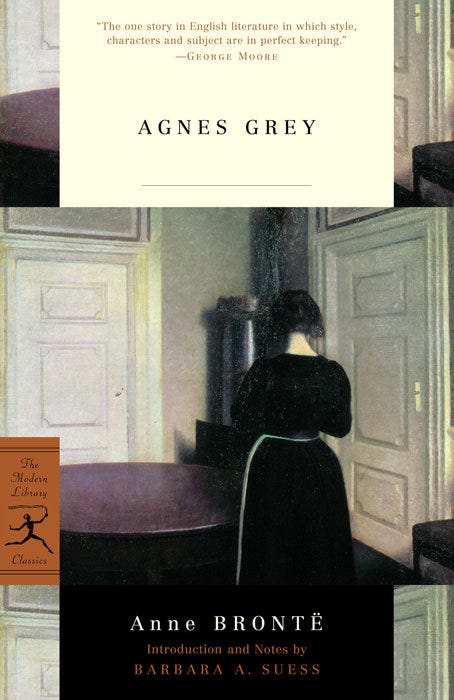One week in media, mediums, mediocrity, medicine, the Mediterranean, etc.
New York, New York (1977) dir. Martin Scorsese
Martin Scorsese is a male filmmaker who makes male films. These two facts are not necessarily connected. New York, New York manages to be a male film despite starring Liza Minnelli as an emotionally turbulent jazz singer, despite featuring a lavish 50s-MGM-esque musical theatre sequence, despite being imbued to bursting with pink snows and red-green neons. There is a repulsive emotional realism to his male lead (to all his male leads; no Sirkian dreams here) and a wide absolutism to his camera, a certainty of place and time - and so in one wide gulp everything else ceases to matter.
Liza Minnelli is to be conceived as different from Judy Garland, but in appreciating this film the two should be blurred slightly together: we are shown onto Garland’s old soundstages, placated with her mannerisms and hairstyles. There is a split-second glimpse near the end of the film of ex-Tin Man Jack Haley. Here is Judy’s midcentury world but this time it’s for men. And it’s fantastic.
Sabrina (1954) dir. Billy Wilder
Wilder at his most bogged-down - his dialogue is funny and his running gags, as those in Ninotchka or One, Two, Three, offer the kind of Austro-Hungarian charm one might come to expect from him. This film falls behind the latter two, though, in that it fails to wander beyond a bare minimum of social satire. There are barbs aimed at hypercapitalism (businessmen playing with plastic, an overdone busy workday) and yet no comedy of opposites, no believable deception, and no truly unreachable ‘other side’. Audrey Hepburn passes through Paris and immediately integrates into the upper class. Where is the outsized wonder of Sunset Blvd. or the desperate gold-digging of Some Like it Hot?
These issues do not maim the film as does its major flaw, which is that none of the main actors have any chemistry at all with each other. Hepburn is too sweet and sympathetic to be a Wilder protagonist, Humphrey Bogart too honest. Sabrina would have made a good fifth Bogart-Bacall film if only to avoid this unbelievable and faintly creepy pairing.
Agnes Grey by Anne Brontë
Agnes Grey differs from much of the Brontë canon in that its love story is sweet, sincere and rooted in upright Christianity. Before its upright Christian heroine gets to indulge in romance, however, she must quietly fight her way through a Dante’s Inferno, or Sadean Black Forest, of naughty children. Maoist bird torture and coquettish flirtation evade her. The dealings of adults are out of reach, and those of infants even less so. This novel offers all of the moral disappointments of Wuthering Heights without any amateur theatrics or window-tapping.
Things I’ve been listening to:
Turkish psych…
I don’t know what genre this is but it’s from Vietnam…
And 1960s spy jazz but in Mandarin and from the 70s by Li Yea-fang







